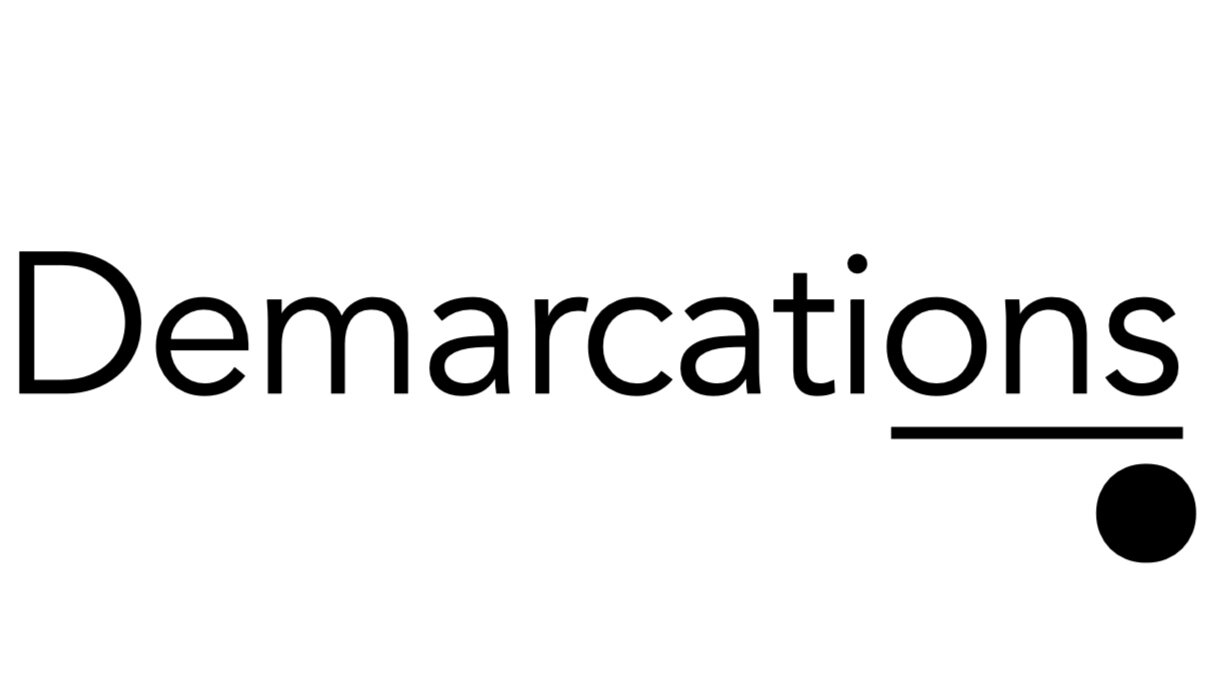- Good enough: Sufficient for almost all purposes almost all the time.
- Excellent: Occasionally needed when germane to reputation, marketplace perception, or positioning.
- Superb: Very rarely required, perhaps only when genuine organizational threats are in play.
He contrasts this with the perspective of outside legal counsel:
- Superb: Why you come to our firm, what we do, and who I am. (Don't for a second underestimate that third element; it's why you get up in the morning and how you hold your head high.)
- Excellent: When we try to execute a representation with some degree of sensitivity to costs, based on a longstanding relationship.
- Good enough: Who do you think we are? You've come to the wrong place.
Assuming outside counsel does the work at a "Good enough" level, Bruce poses the question: "who's to blame-your firm or the client-for the fact that merely sufficient legal advice has come back to bite?"
Good question. And one I'm not prepared to answer.
But let me add a comment from a Lean perspective. The problem with outside legal counsel's view is the willingness to engage in over-processing, one of the seven traditional forms of waste (muda). Over-processing is doing more work, or higher quality work, than is desired by the customer, or using tools that are more expensive or precise than needed.
Outside counsel sees the high quality work as an unqualified good thing (who would want lesser quality?) In-house counsel sees the work as "wasting" their finite budget for legal services. The company wanted a Corolla. Its attorney just built a fully loaded Lexis LS600hl.
The key here is open communication between the client and outside counsel.The client should be clear about what it needs. Counsel should be clear about what it will deliver and at what price. Also, counsel needs to explain the risks of opting for work of lesser quality. And to the extent possible, the client needs to sign off on any such risk.
We also should be careful to distinguish between the quality of work product and the quality of representation. Work product almost always should be high quality. It's the amount or type of work product that should vary depending on the client's needs. For example, a legal brief should be very well written -- no matter what. But whether the brief should be filed should be considered at the outset.
Given the current economic climate, there's sure to be a lot more discussion about the appropriate level of quality, for legal services and virtually everything else we have to pay for.
